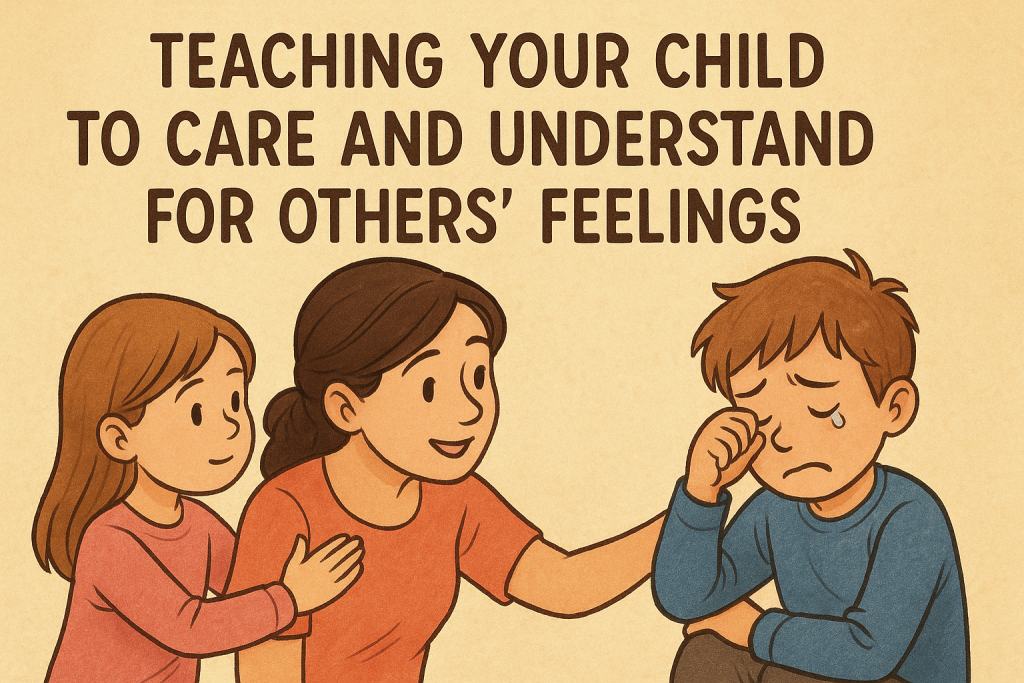
Teaching Your Child to Understand and Care for Others’ Feelings
Teaching your child to understand and care for others’ feelings is a vital part of their emotional development. Empathy helps children connect with their peers, fostering friendships and creating a supportive environment.
By learning to recognize and share the feelings of others, kids can develop kindness and compassion. This understanding also encourages them to act thoughtfully and help those in need.
By guiding your child through Mommy’s Big Feelings book and experiences that promote empathy, you’re not just raising a caring individual; you’re also nurturing a more understanding world. Together, you can explore ways to express love and support for friends, family, and even strangers.
What Is Empathy and Why Is It Crucial for Kids?
Empathy is the ability to understand and share the feelings of others. For kids, learning empathy is essential because it helps them build strong relationships with friends and family.
When children can recognize emotions, like happiness, sadness, or frustration, they become more supportive and caring.
This understanding encourages kindness and cooperation, making playtime and social interactions smoother. Empathy also helps kids navigate conflicts and disagreements, as they learn to see things from another person’s perspective.
By teaching empathy early on, you equip your child with the tools to be a compassionate person, fostering a sense of community and belonging.
Using Books to Spark Empathetic Conversations
Books are a fantastic way to introduce your child to empathy! Books can transport kids into different worlds and help them experience the feelings of diverse characters.
Buy children’s mental health books that highlight emotions and relationships, such as tales of friendship, kindness, or overcoming challenges. After reading, ask questions like, “How do you think the character felt?” or “What would you do in that situation?” This encourages your child to think deeply about others’ feelings.
You can even act out scenes together, allowing them to express emotions physically. These shared reading experiences not only spark conversations but also strengthen your bond while nurturing empathy.
Cultivating Empathy for Animals and Nature
Empathy isn’t just for people; it extends to animals and nature, too! Teach your child to care for pets by involving them in feeding and playing.
Discuss how animals have feelings and needs, just like we do. You can also explore nature together, visit parks, observe wildlife, or plant a garden. Talk about how important it is to protect our environment and treat all living things with respect.
Encourage them to notice how plants and animals contribute to our world. By fostering this broader sense of empathy, your child learns to appreciate life in all its forms, becoming a more compassionate individual.
Conclusion
Teaching empathy helps your child develop strong emotional skills and meaningful connections with others.
By nurturing their understanding of feelings through Brave Little Minds books and experiences, you lay the foundation for a kinder, more compassionate future. Together, you can make the world a better place!

Jennifer Wilson
Brave Little Minds was inspired by my journey as a mother living with bipolar disorder, and my heartfelt wish to help my son understand and process his feelings.
